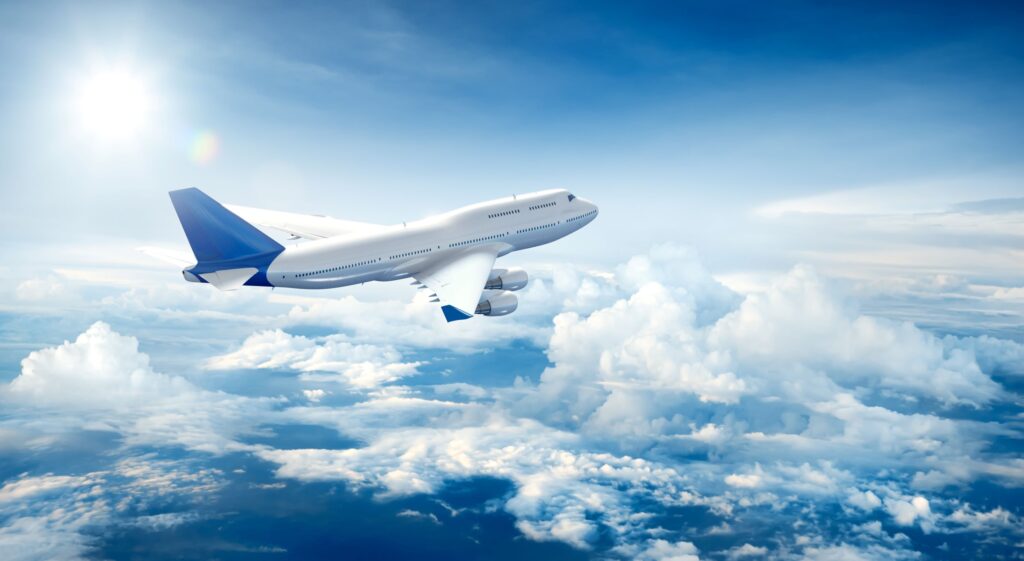
If you have a severely decayed or damaged tooth causing pain or putting your dental health at risk, your dentist might recommend extracting it. However, if you have an upcoming flight planned, you might worry that your procedure will interfere with your pre-scheduled itinerary.
Whether you need to travel for work or pleasure, it’s usually recommended that you wait a few days after your treatment before heading to the airport. Continue reading to learn more about when it’s safe to fly after your procedure and a few helpful tips to avoid potential problems when you do!
Can I Travel Immediately After My Tooth Extraction?
Your dentist will provide a detailed list of post-op instructions for you to follow after having your troublesome tooth pulled, which are intended to help you recover as quickly and effectively as possible, while avoiding complications. For instance, your mouth must form a blood clot over the recently exposed nerves and bone tissue to prevent an infection or a painful side effect known as dry socket.
Unfortunately, during air travel, there are significant changes in the cabin pressure that can cause pain in any air-filled cavities in your body, including your now-empty socket. This can cause intense discomfort or damage the clot that’s essential for recovery.
When Can I Safely Travel Following My Tooth Extraction?
Generally, it’s recommended that patients wait at least 48 hours after having a tooth removed before getting on a plane. After all, you’ll likely feel swollen and sore for a couple of days, and need to give your body time to repair itself.
Usually, aches and inflammation begin to subside after about 2 to 3 days and new tissues start forming within 4 to 7 days. Flying sooner than that can potentially interrupt the healing process, leading to a lengthier recovery.
What Are Tips for Flying After a Tooth Extraction?
If you have a flight soon after your extraction procedure, taking a few simple precautions ensures you’re prepared to handle any potential complications that may arise. For example, you might want to pack an ice pack or cold compress in your carry-on, if you can. It is also helpful to keep over-the-counter pain medications, like Tylenol of ibuprofen, to ease any aches once you’re airborne. Finally, you might want to stick to soft foods (feel free to turn down the peanuts!) to avoid triggering your already tender tissues.
Your dentist might also have additional insights or helpful tips for traveling after having your tooth extracted, and can provide information that takes your unique circumstances into account!
Meet the Author
Dr. Henry is passionate about providing 5-star procedures to help families in Dallas improve their lives by enhancing their oral health. He earned his dental degree at the Nova Southeastern University College of Dental Medicine and is an active member of the American Dental Association to stay on top of the latest trends in treatment options and technology. He offers a comprehensive menu of services, including tooth extractions and nitrous oxide sedation, to meet all your needs under one roof. You can request an appointment on the website or by calling (469) 998-9822.
